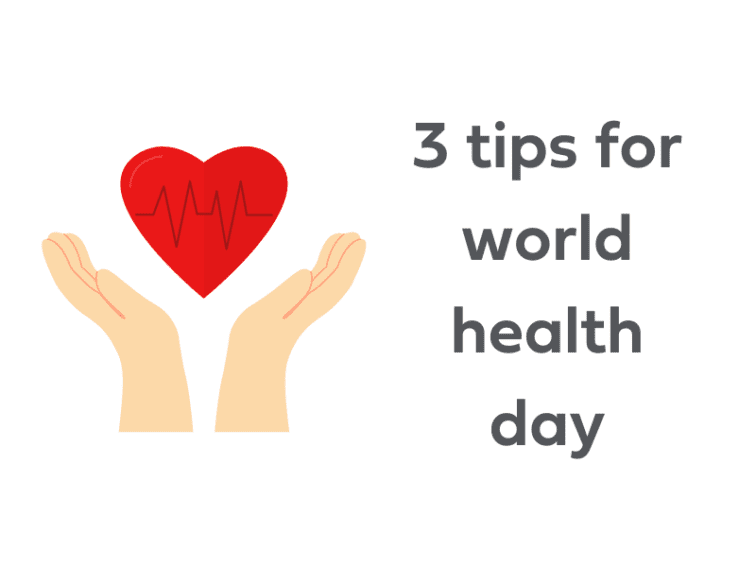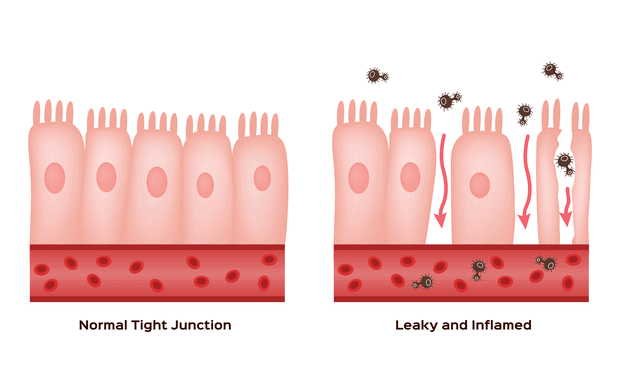3 Tips for World Health Day

This year, the theme for WHO’s World Health Day is, ‘our planet, our health’, urging us to explore the connections between the two, on a personal and global scale.
To get you inspired, we’ve made a list of 3 easy tips that will help you look after both.
Head to bed earlier & unwind with less tech
Compared to a century ago, the duration of our average night’s sleep has decreased from 9 hours to 7, but how does this impact our health?
Numerous studies show a direct correlation between insufficient sleep time and an increase in obesity.
Lack of sleep decreases our levels of leptin (a hormone that lets the brain know when we’re full) while simultaneously increasing our levels of ghrelin (a hormone responsible for making us hungry). In turn, this increases our likelihood over-eating.
This overconsumption is bad for both ourselves and the planet, but the issue doesn’t stop there, staying up late also increases the amount of energy we use through lights, heating and entertainment such as tv’s and computers – household use of electricity has increased by over 50% since the early 1980s.
Not only do these tech focused night-time routines waste energy but they can also impair our quality of sleep. In fact, electronic back-lit devices that emit blue light have been shown to reduce our bodies production of sleep inducing hormone, melatonin and the amount of time you spend in REM sleep.
By going to sleep a little earlier and switching your late night IG scroll for a good book, you can help curb a sleep deprived appetite, reduce your energy usage and get a better quality night’s sleep.
Try eating seasonal & shop locally where possible
In the age of Amazon and Deliveroo, we’re used to getting what we want when we want it, including our groceries, whether that’s kiwis form New Zealand or strawberries in the middle of winter, but eating seasonally and shopping locally have more benefits than you might think.
Easting seasonally not only reduces our foods air miles, but also reduces the need to be grown in commercial green houses as well as the need for prolonged periods of refrigerated – both of which use up a lot of energy.
Eating seasonally also forces us to shake up our usual shopping list and eat a variety of fruits and vegetables that we might not usually consider. This is great for the planet and our gut bacteria which thrive on a diet full of varied plant foods.
The speed at which your food comes form the ground to your plate can boasts extra health benefits too, for example, studies show that produce is more nutrient and antioxidant rich right after being harvested when ripe. The antioxidant levels in vegetables such as broccoli, cabbage, and brussels sprouts have been shown to be reduced by up to 46% after being stored for just 1 week at 1℃.
Next time you write your shopping list, why not make note of what’s in season or head to your local farmers market? Your gut and the planet will be happier and healthier for it.
Walk or cycle to your destination
Where possible opt to walk or cycle to your destination – the NHS recommend that adults do at least 150 minutes of exercise per week to reduce the risk of heart decease and stroke, so getting part of this ticked off on your morning commute just makes sense! You’ll also be cutting your carbon emissions which means fresher air for you and the plant.
Walking in nature has also been proven to benefit the brain and mental health due to its calming effects, the ability to increase your oxygen levels and the opportunity to let your mind to wonder as you walk.

